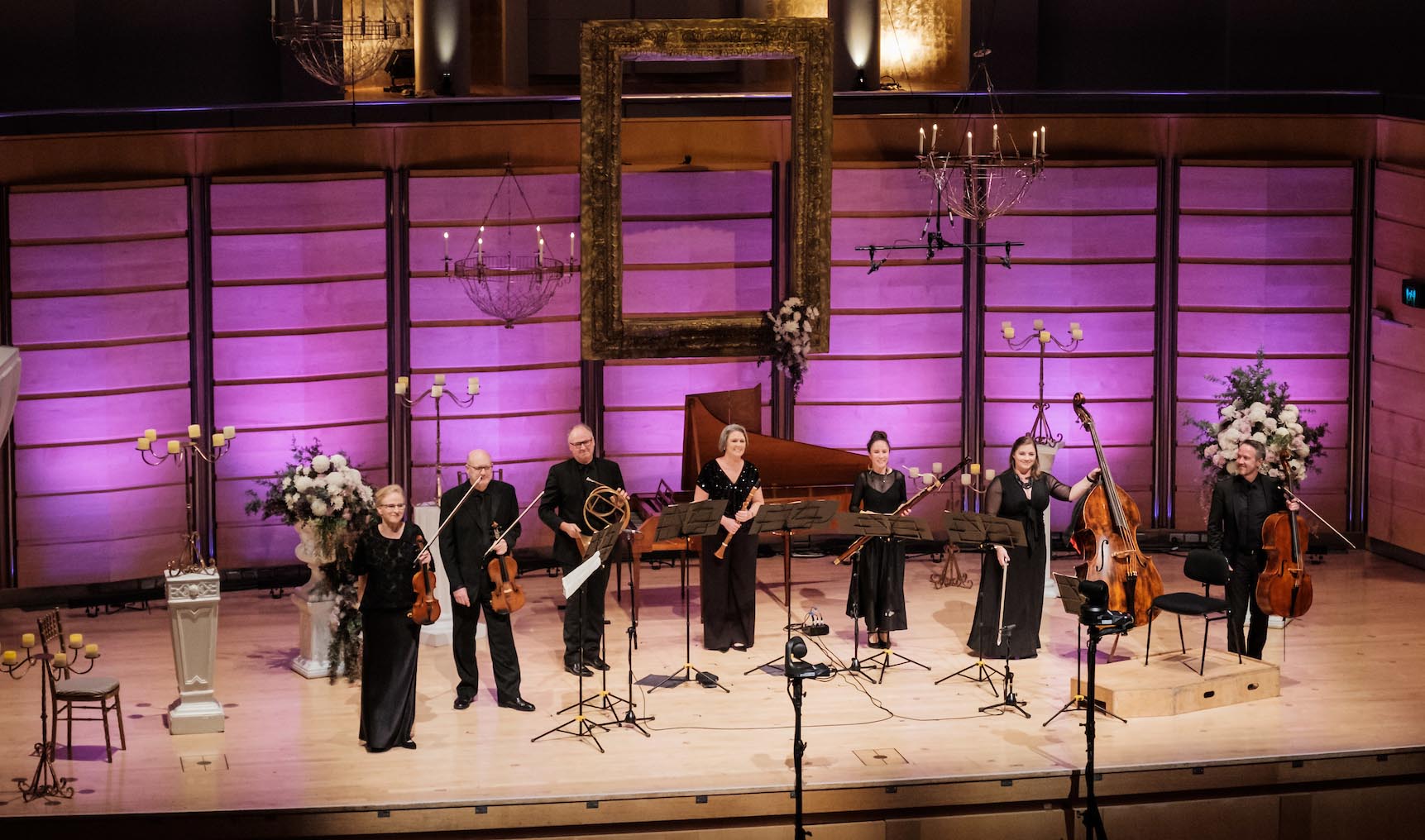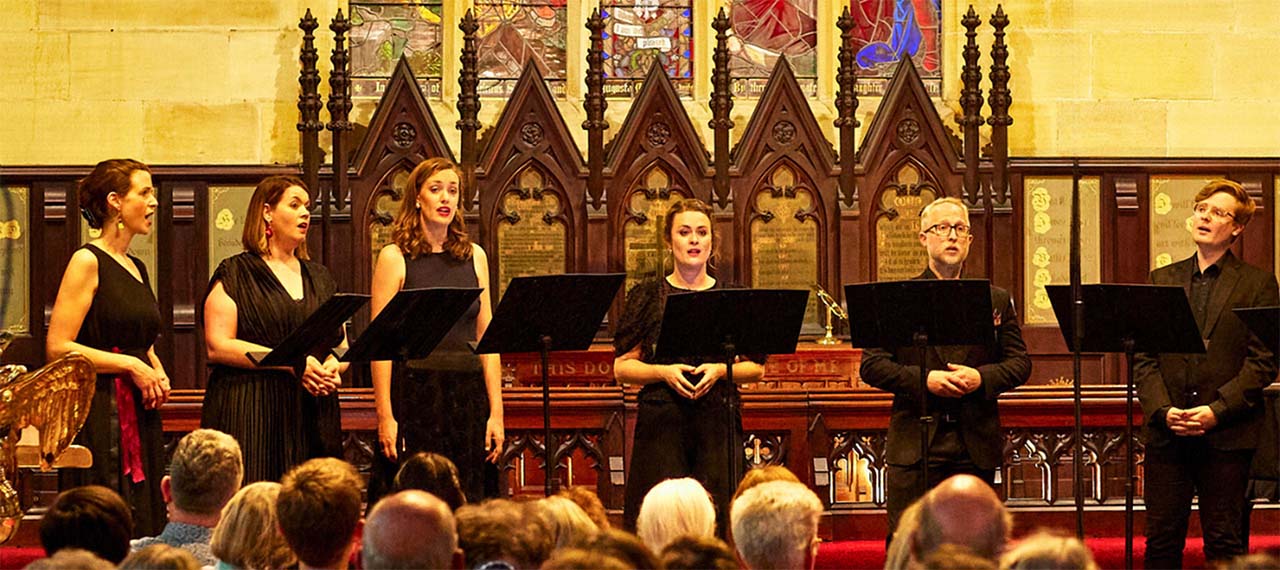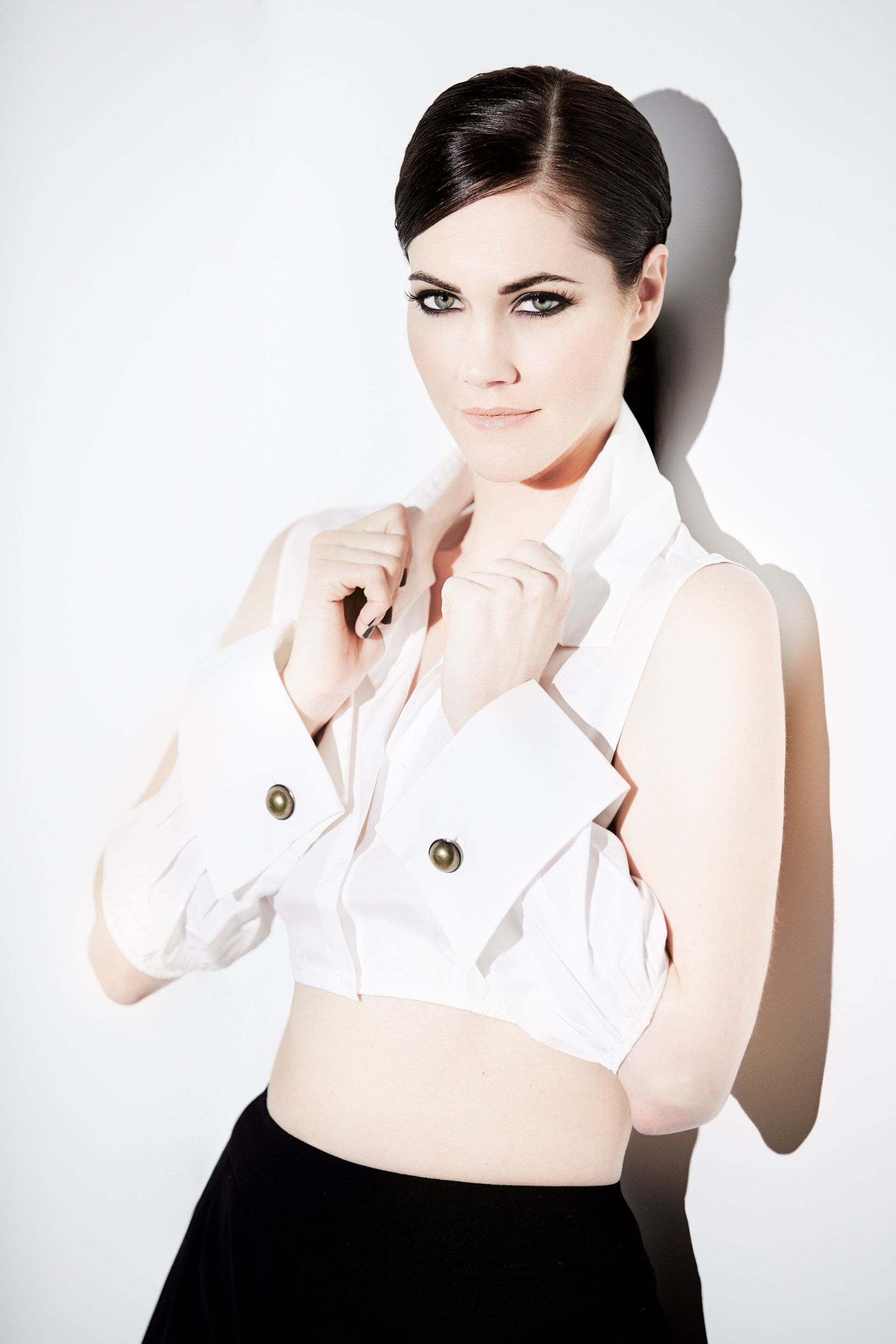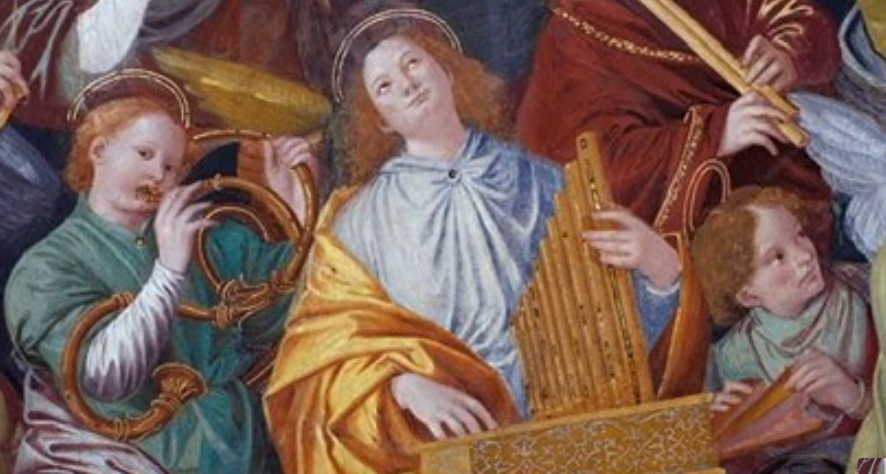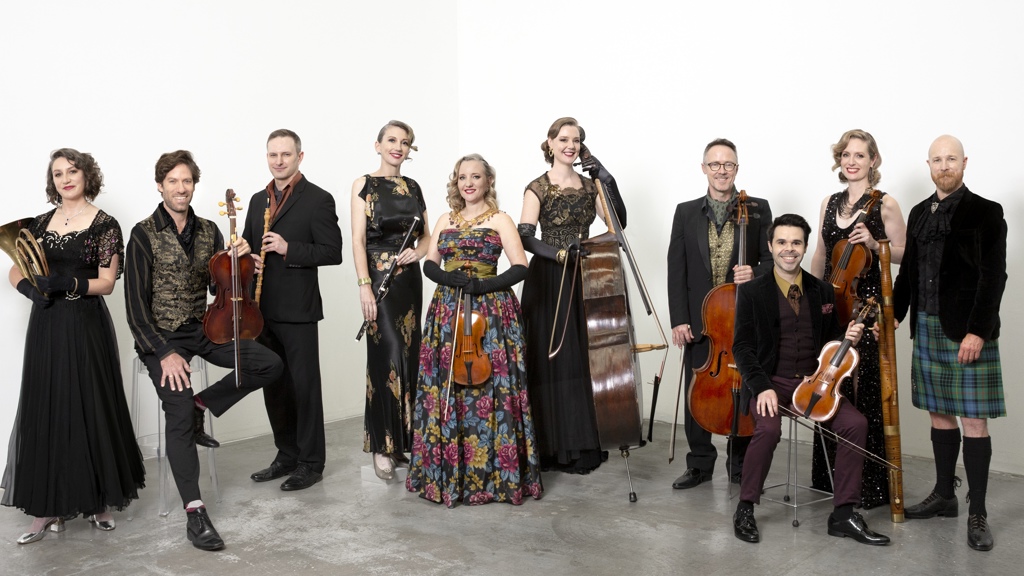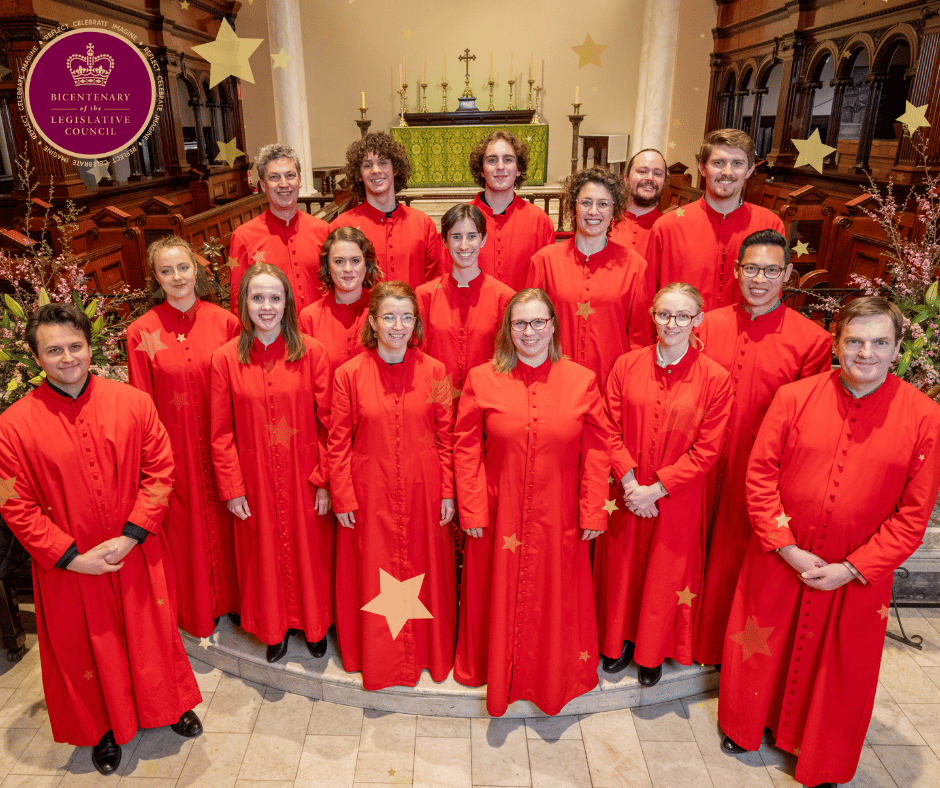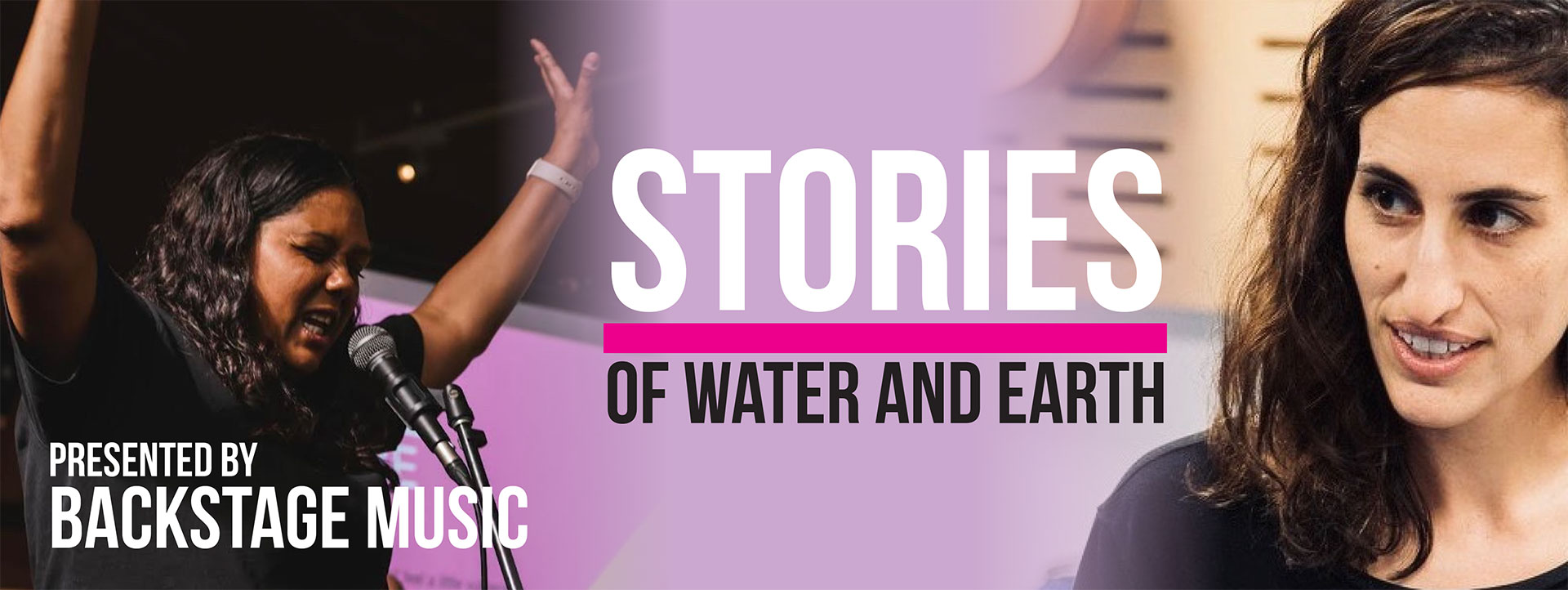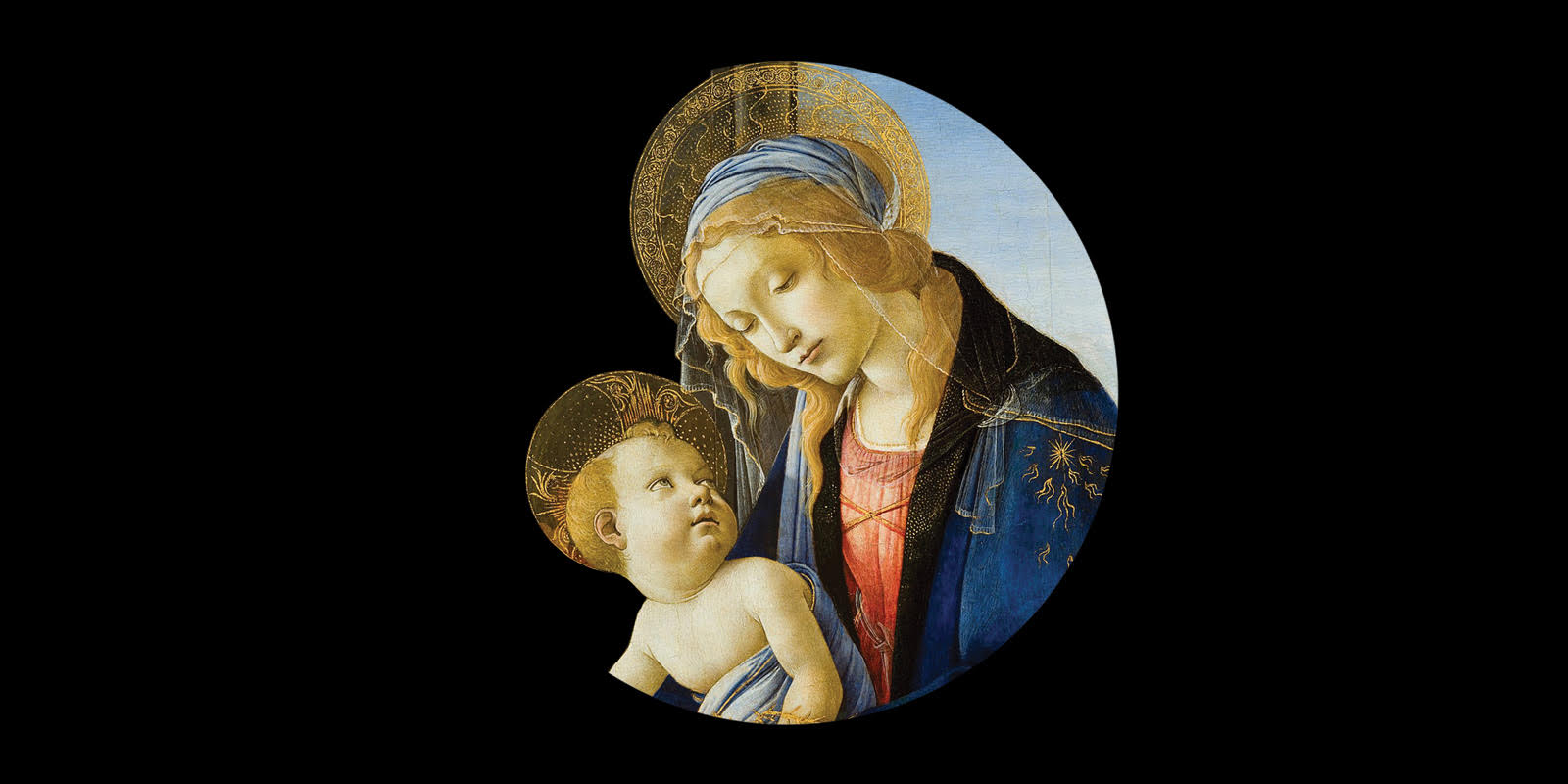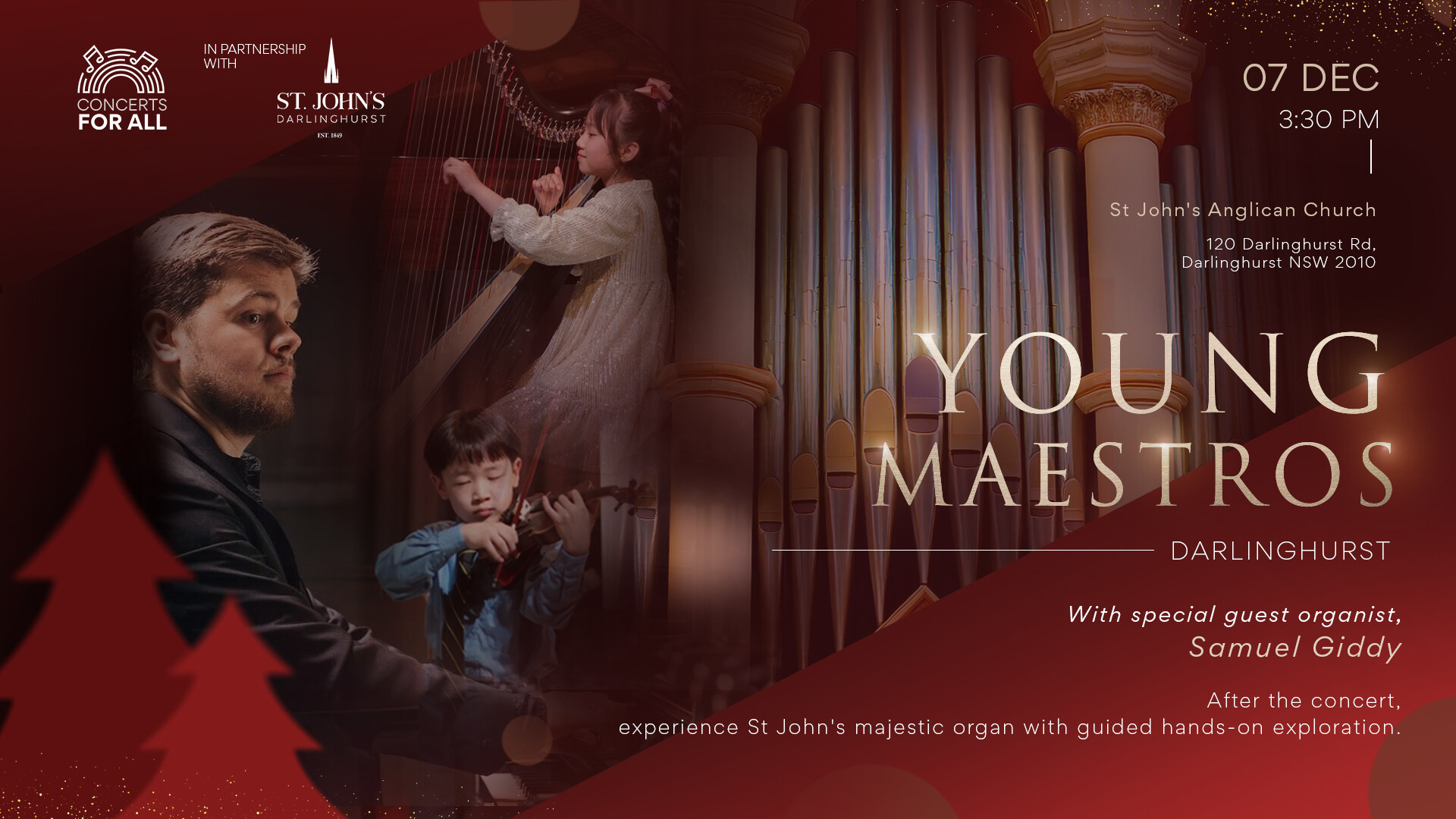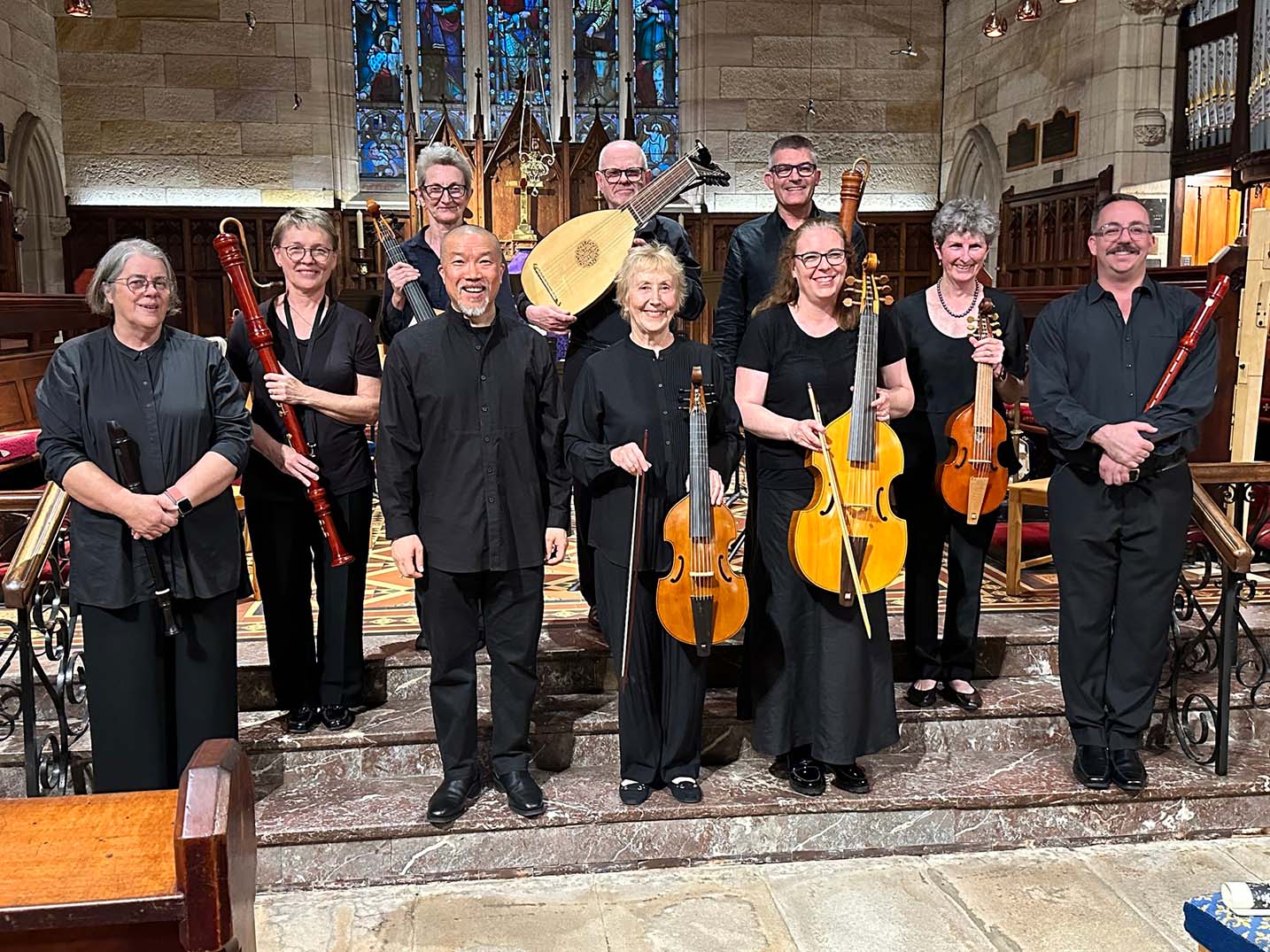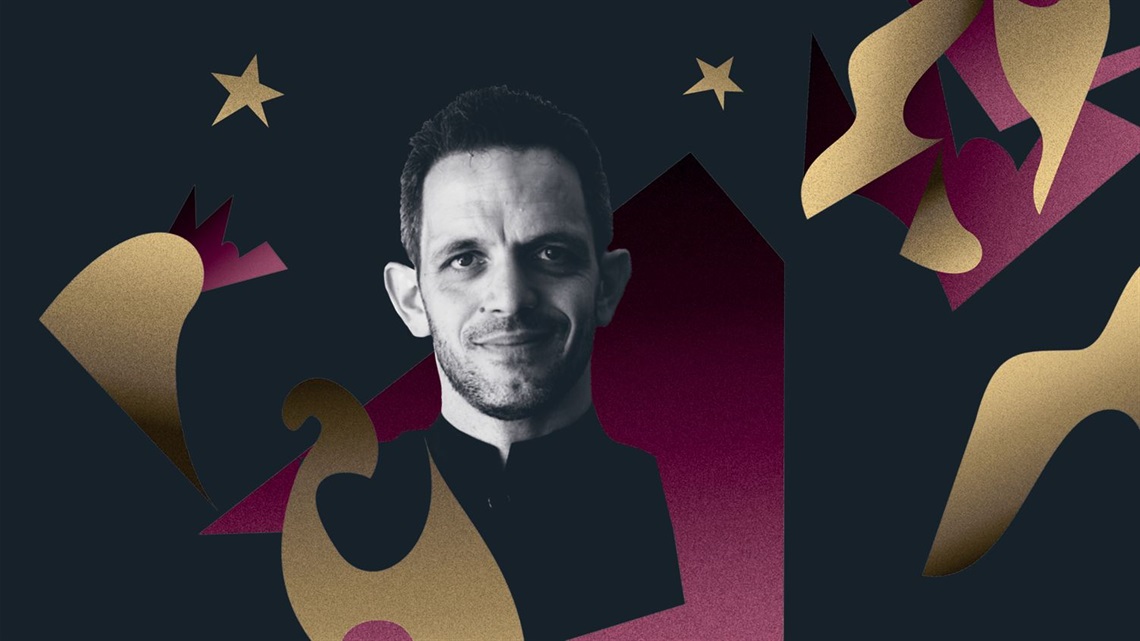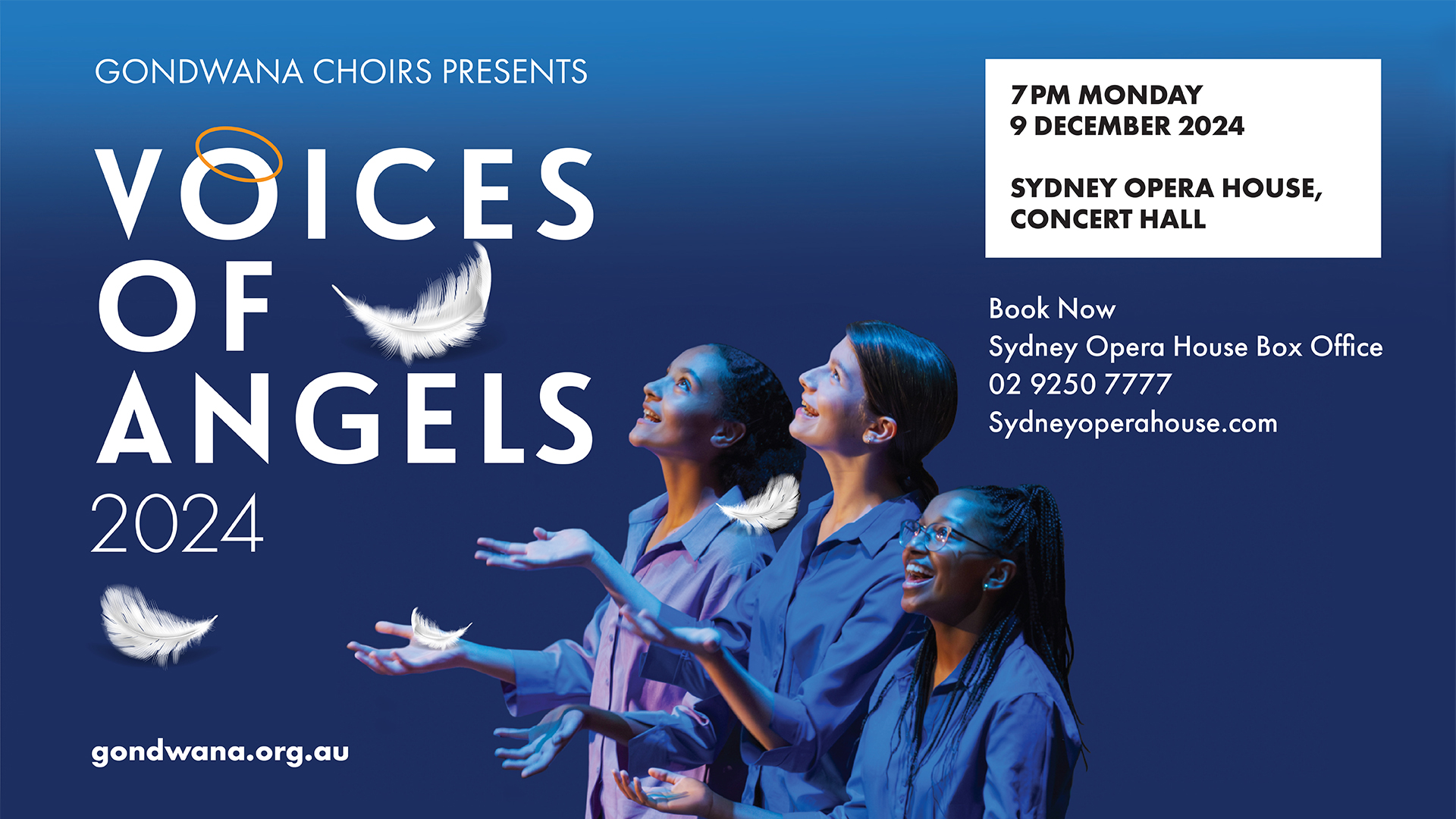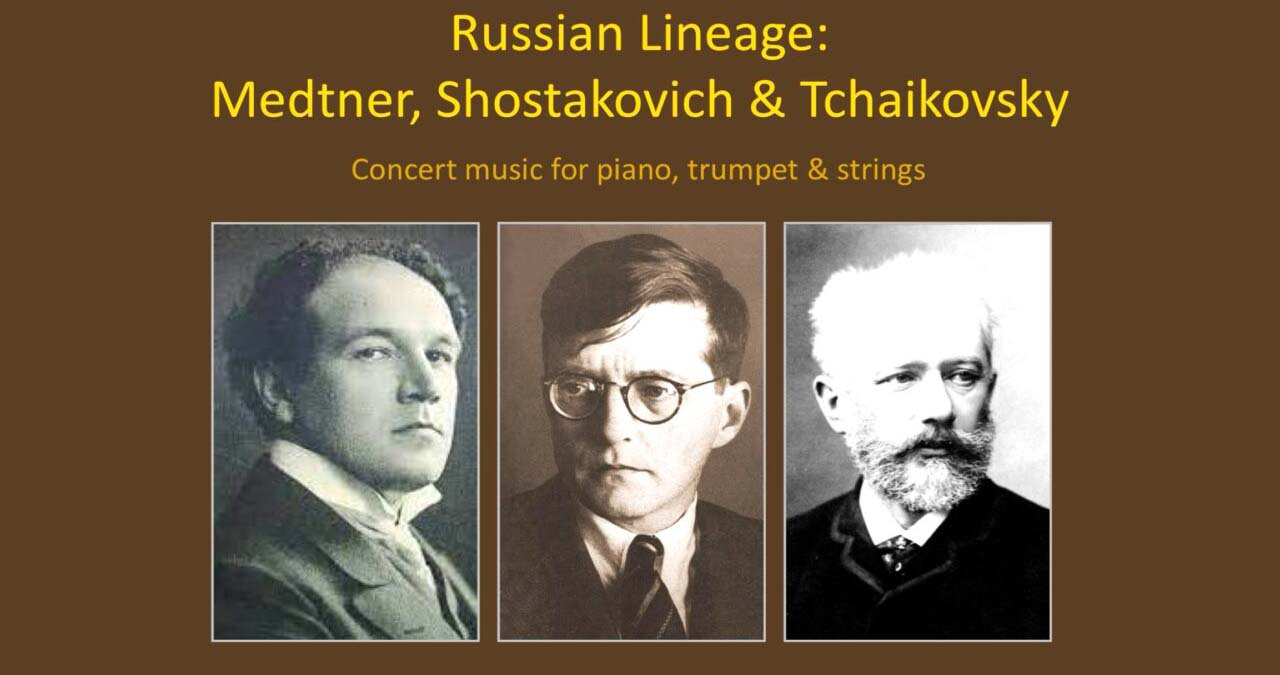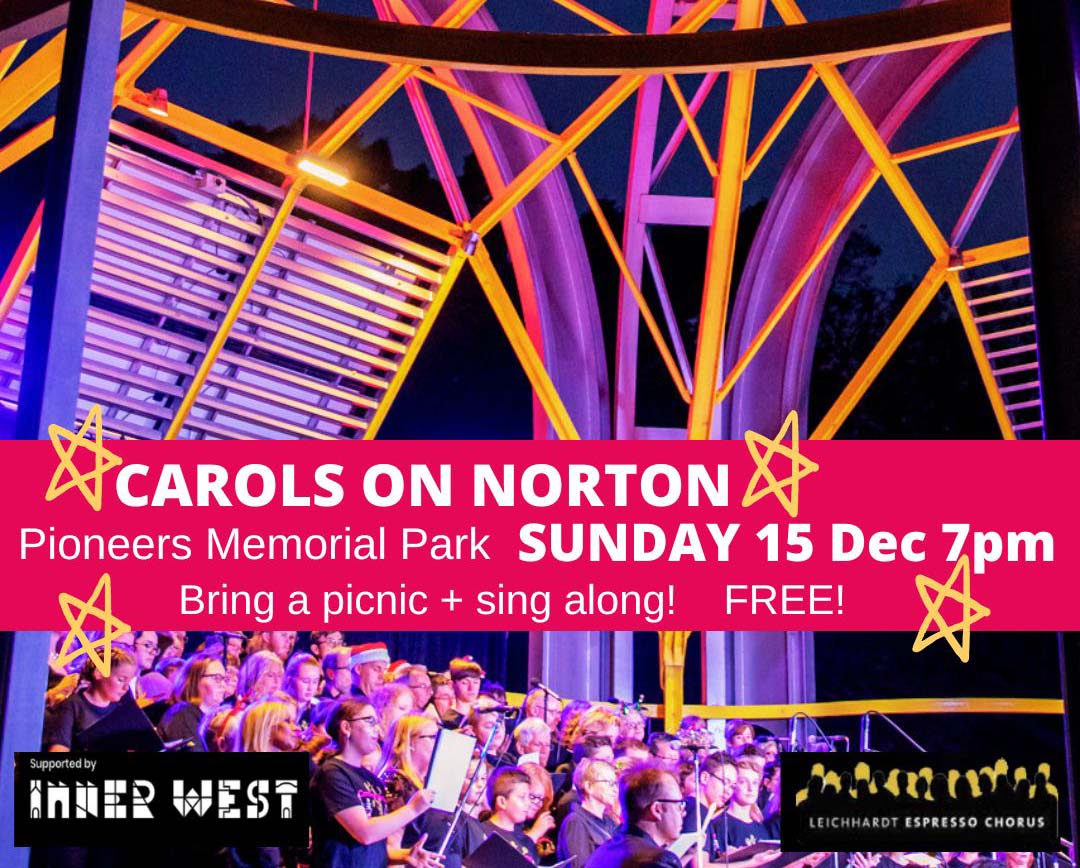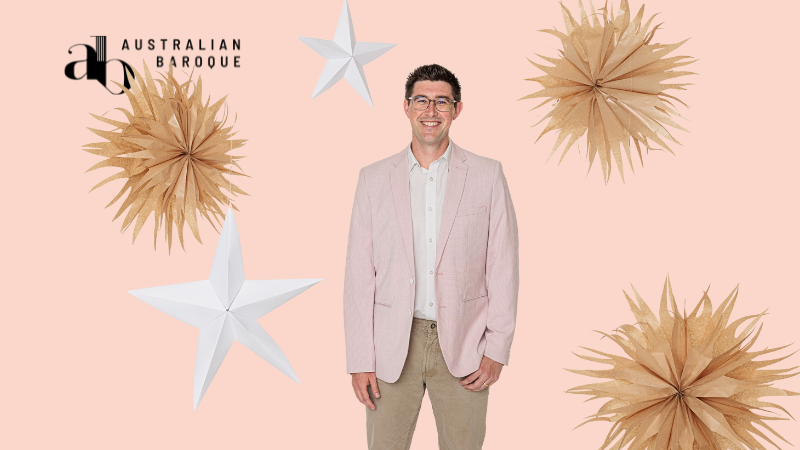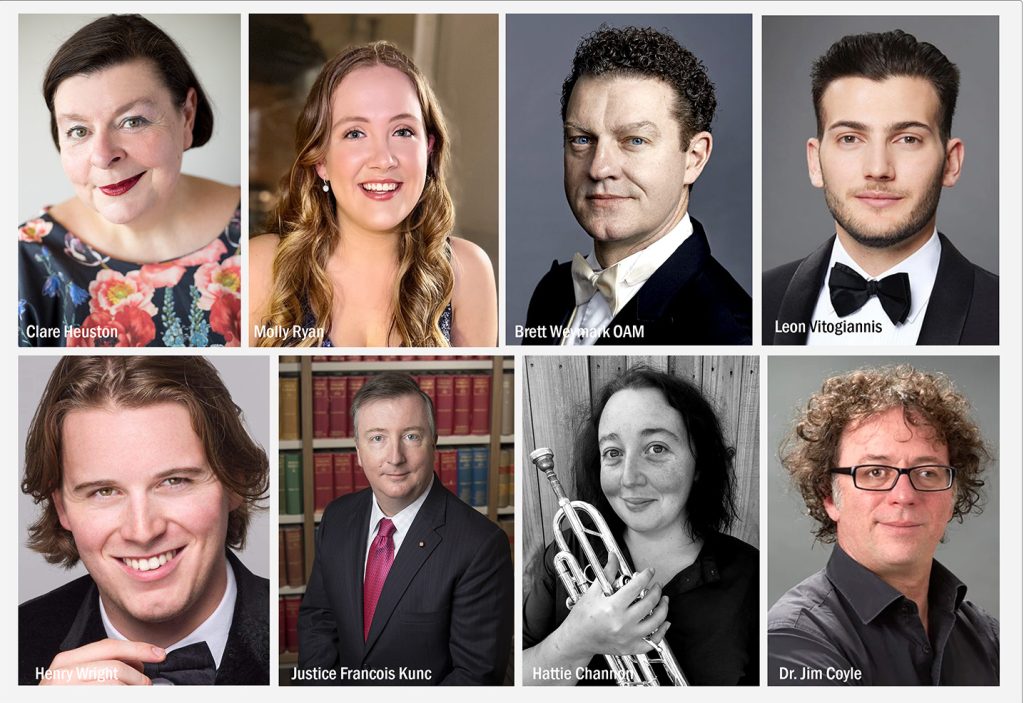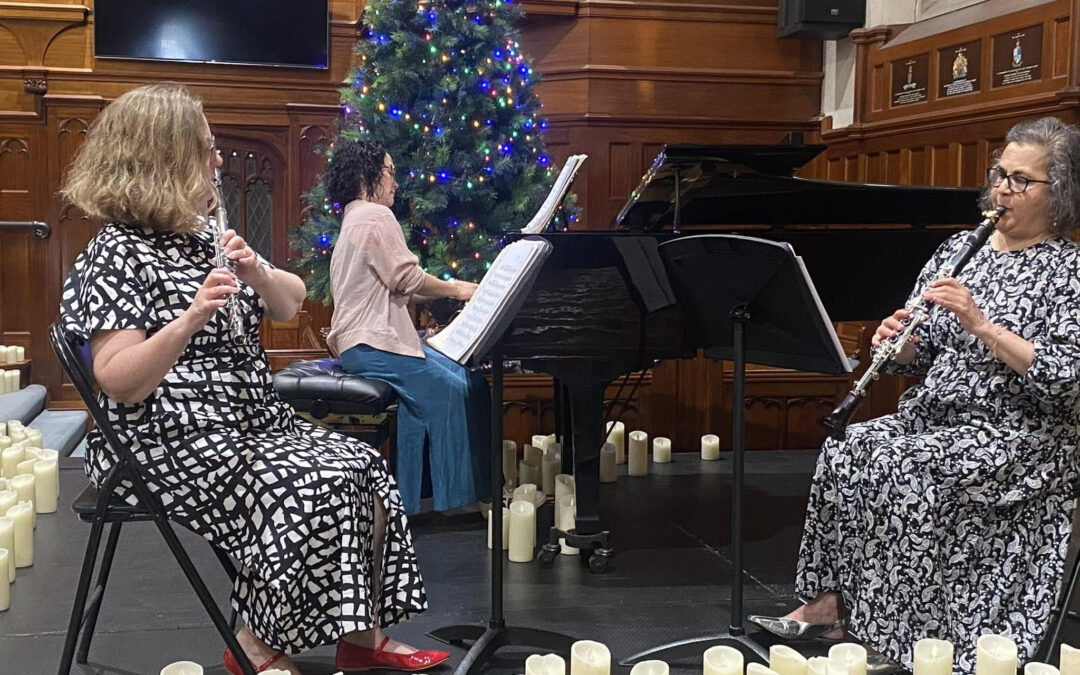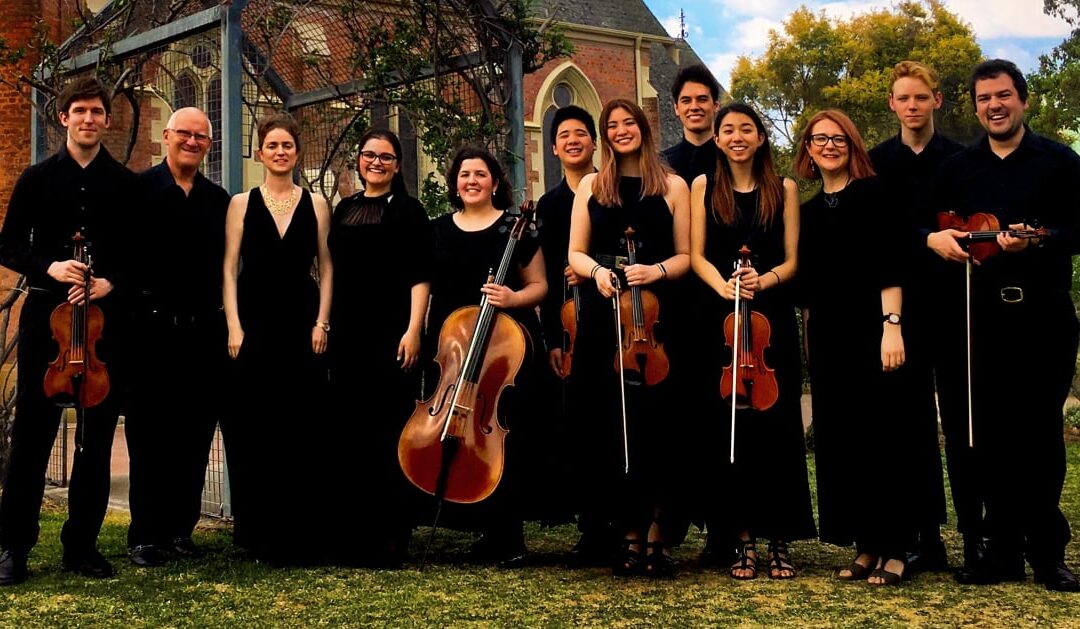Evoke
Thursday 6 May | 7.00pm
City Recital Hall, Sydney
On a rainy Thursday night we headed to the City Recital Hall in Sydney to hear members of the Australian Romantic & Classical Orchestra (ARCO) in a chamber music concert. And how delightful to be greeted by a stage evoking the mood of a Viennese salon, ‘dressed’ with just enough period items – two wire chandeliers, candelabras, plinths, a huge gilded frame, gilded salon chairs and two large urns overflowing with greenery and white and pink flowers. The setting perfect for trombones on the terrace or chamber music in an elegant interior.
The concert opened with three short Beethoven pieces for four trombones. Beethoven has a special relationship with the trombone: he was not the first composer to use them in orchestral music – composers as early as Monteverdi used groups of trombones for special effects – but Beethoven can be said to have established the trombone in the symphony orchestra after introducing them in his 5th symphony in 1808. These so-called Equali were commissioned by the director of music at Linz cathedral when Beethoven visited the town of Linz in 1812. They were ‘tower music’, that is: music intended to be played from the cathedral tower on special occasions, in this case, for All Soul’s Day (November 2nd). This practice died out towards the end of the 19th century but was revived in the 20th and can still be heard today in Germany.
Brass instruments are eminently suited for this genre of music, and listening to the wonderful quartet of trombonists: Ros Jorgensen (alto), Scott Kinmont (alto), Nigel Crocker (tenor) and Brett Page (bass), play these slow, majestic pieces we could easily imagine them ringing out over Linz. Perhaps when electric cars reduce traffic noise in Sydney we could have tower music here – wouldn’t that be nice?
On a sadder note, these same Equali, in an arrangement for male choir were also sung “as a dirge for Beethoven’s funeral procession”.
This fine performance was followed by the Grand Septet in B-flat major for clarinet, horn, bassoon, violin, viola, cello and double bass by Franz Berwald.
Franz Adolf Berwald (1796-1868), now regarded as the best Swedish composer of the 19th century was shamefully neglected in his native land in his lifetime. Even as late as 1946 the Swedish postal service, given the choice between putting Franz Berwald or the Fourth Farmer’s Congress on a postage stamp, went with the farmers! Berwald was unable to pursue a career as a full-time composer but managed to do very well as an orthopedist and later as the manager of a glass factory and a saw mill. This enabled him to travel around Europe, hear a lot of contemporary music, and write for his own pleasure.
The Grand Septet (1828) is an early work, probably inspired by the success of Beethoven’s Septet in Eb-major for the same combination of instruments which had been published 26 years earlier and was very popular all-around Europe in various arrangements. It is a delightful piece, with particularly demanding parts for the violin, and clarinet – beautifully played by the two Co-Artistic Directors of ARCO: Rachael Beesley (concertmaster) and Nicole Van Bruggen (principal clarinet). The rest of the ensemble: Simon Oswell (viola), Daniel Yeadon (cello), Chloe Ann Williamson (double bass), Jackie Newcomb (bassoon) and Graham Nichols (horn) also acquitted themselves admirably. The slow second movement allowed for some gorgeous clarinet and violin phrases, and the prestissimo really sparkled!
Of course, all the players in this concert used either period instruments or replicas of period instruments. The string instruments have not changed all that much since the 19th century, but the clarinettist and bassoonist have some challenges to overcome, and a special mention is due to Graham Nichols for his fine work on the natural horn, particularly in the 3rd movement of the Berwald.
The second half of the concert was devoted to one of the above-mentioned arrangements of the Beethoven Septet in Eb-major, in this case for a trio. Normally one might wonder why an arrangement was programmed rather than the original, but in this case the arrangement was by Beethoven himself and it was fascinating to hear how he remade a piece for seven instruments for three. The fortepiano part was given a large share of the music, and was, at times, quite virtuosic. Luckily it was in the capable hands of Neal Peres Da Costa. Along with Nicole Van Bruggen (clarinet) and Daniel Yeadon (cello) the trio sailed through the six movements of this piece in exemplary style.
The City Recital Hall was less than half full – possibly because of the covid scare that day and a rainy night, but the high standard of playing certainly deserved a full house!
Photo credit – Robert Catto

